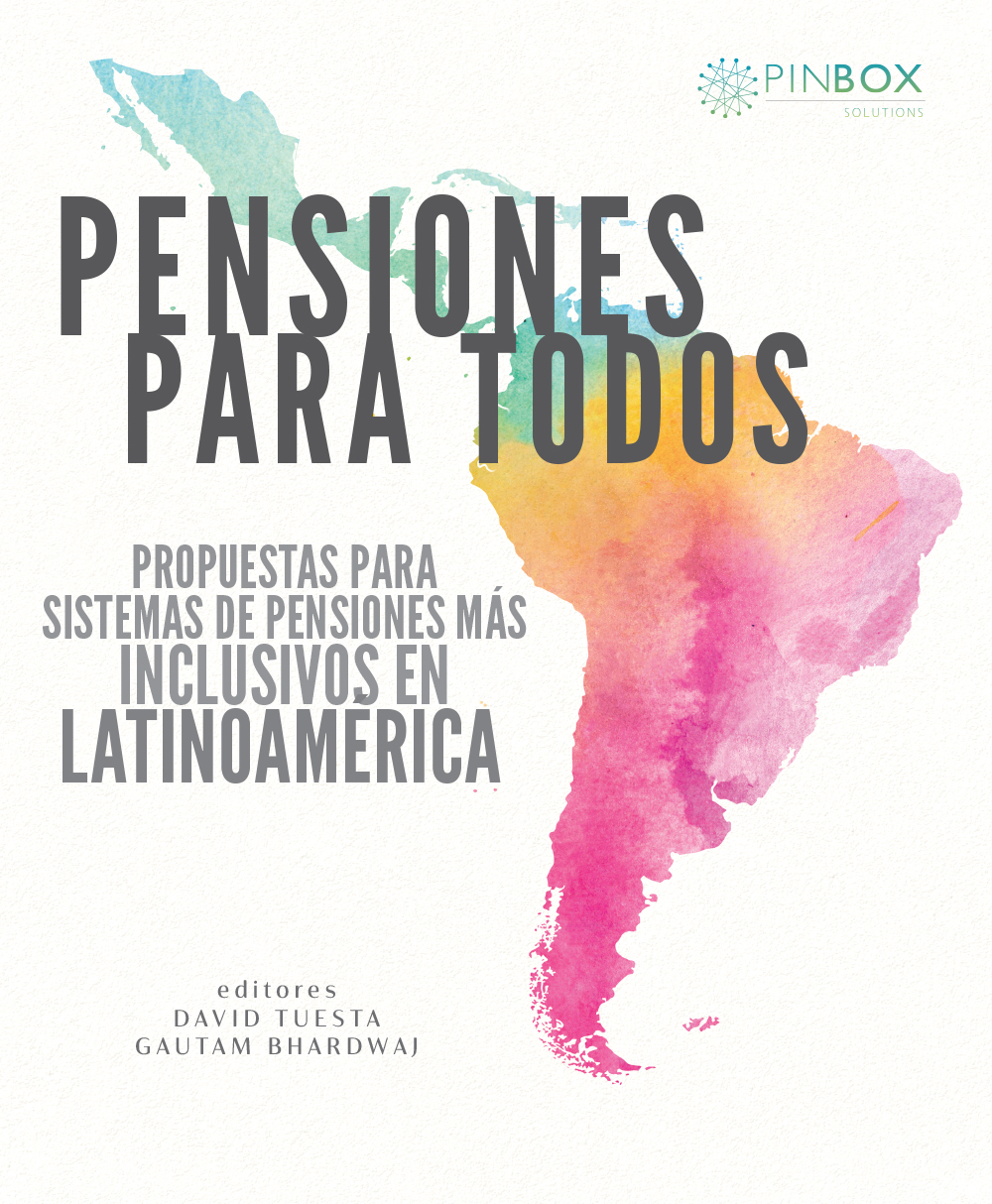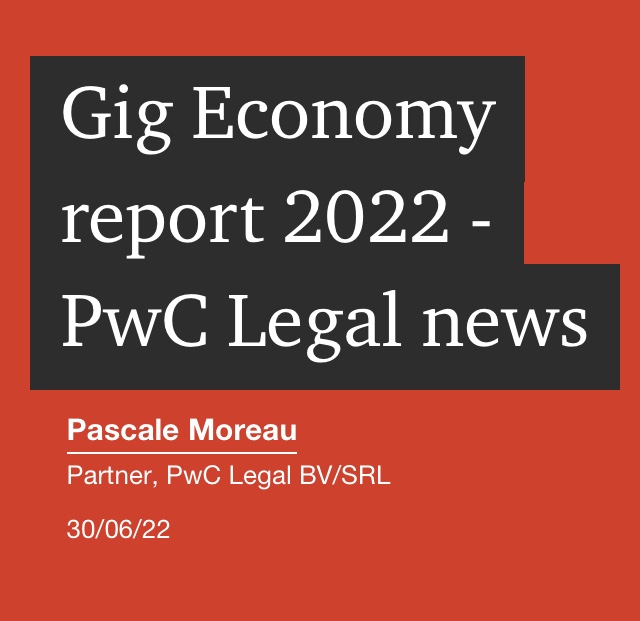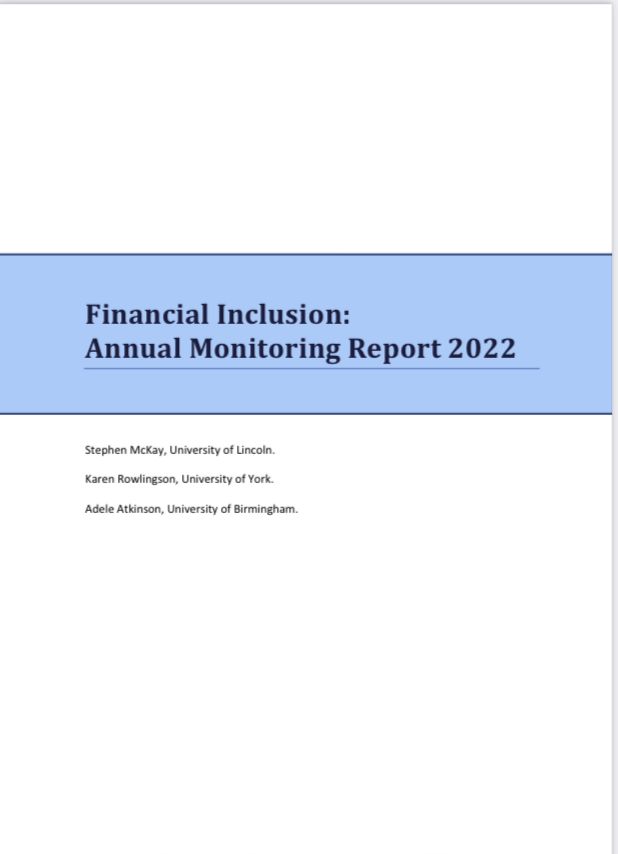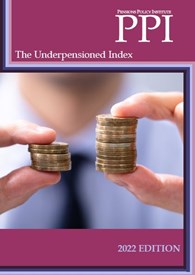Fintechs are booming in Mexico but financial inclusion is lagging
Financial technology firms are eyeing Mexico’s vast market of 130 million individuals, an untapped frontier for both domestic companies and international endeavors. Yet despite strides in fintech, financial inclusion metrics lag behind, highlighting a disconnect between industry progress and broader adoption of financial products in this Latin American economy. To be sure, Mexico’s fintech ecosystem is thriving, boasting nearly 1,000 companies, including 217 foreign entities from over 22 nations. Over the past five years, the domestic sector has demonstrated impressive...










